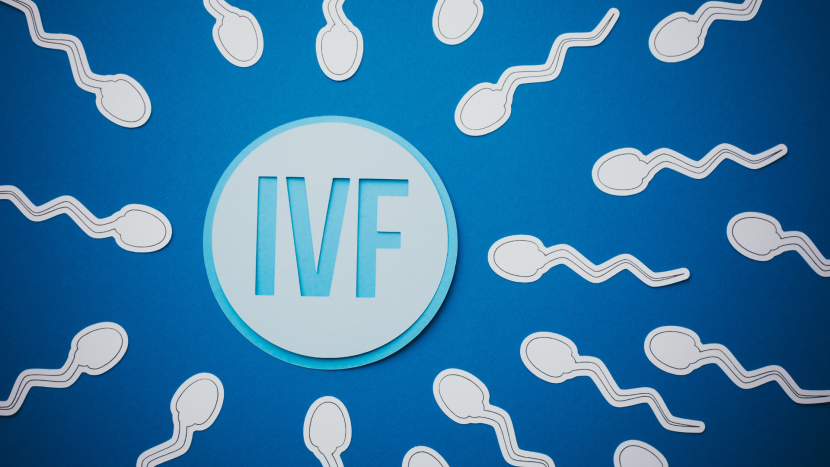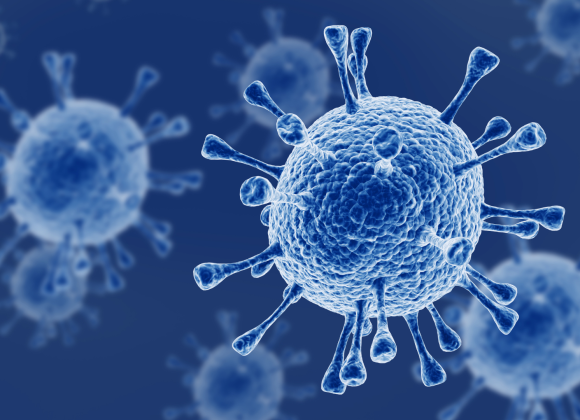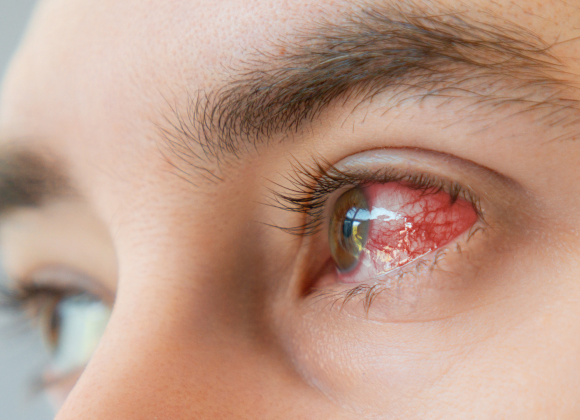Starting Your IVF Journey
You’re beginning—or already in—the IVF process. You’re not alone; 1 in 8 women needs fertility help. If other treatments haven’t worked, IVF may be your best chance for a biological baby. IVF fertilizes an egg with sperm outside your body, creating an embryo. The embryo is then frozen or transferred to your uterus, hopefully leading to pregnancy. IVF brings many emotions—anxiety, sadness, and uncertainty are common. The process takes time, demands physical effort, and can be costly. Hormone injections (about 2 weeks’ worth) can also disrupt your emotions and body. That’s why the 30 days before IVF are crucial. Preparing your body helps you handle this intense process. This guide will help you and your partner maximize your chances of IVF success. With the right steps, you’ll not only survive IVF—you’ll thrive. Get ready to discover your strength.
Why is fatigue so common in IVF?
Hormonal Changes
Feeling extra tired during IVF treatment often results from shifting hormone levels. IVF involves fertility drugs that elevate certain hormones to prepare your body for pregnancy. These drugs regulate your cycle, stimulate ovulation, and help develop viable eggs for retrieval. The eggs are then fertilized in a lab and transferred to the womb.
Progesterone plays a key role in fatigue. During pregnancy, progesterone naturally rises to support the embryo lining, causing tiredness. IVF can trigger similar fatigue because fertility treatments increase progesterone levels beforehand.
Stress
Dr. Gorgy, Fertility Consultant at The Fertility & Gynaecology Academy, explains: “Hormonal changes mainly cause IVF fatigue, but stress also contributes. Many women undergoing IVF have struggled with fertility for over a year. The emotional and physical toll of multiple attempts can be exhausting. If you feel drained before starting IVF, you’re not alone—it’s common.”
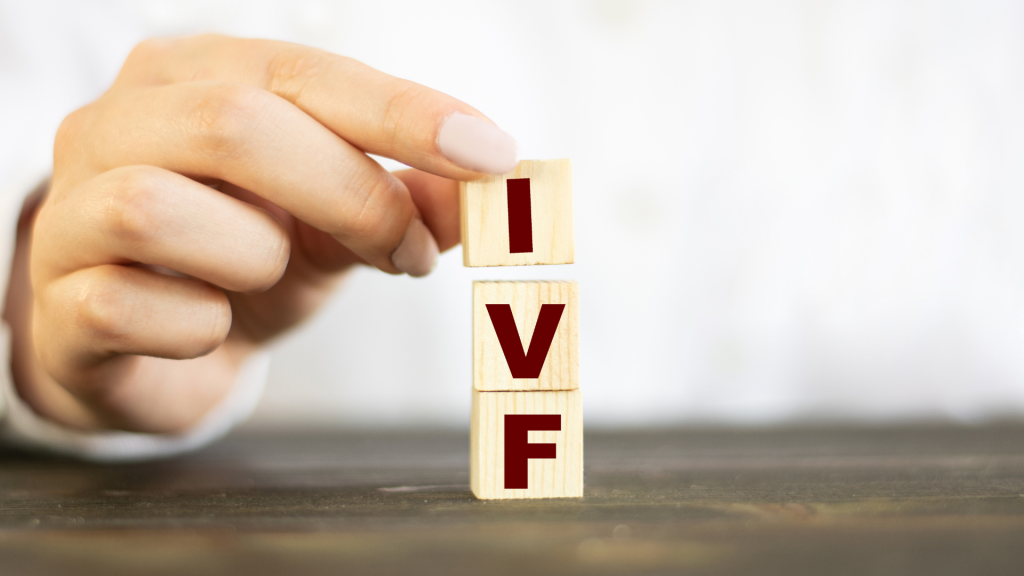
IVF Cycles
IVF happens in stages, and many women need multiple cycles to succeed. Here’s what to expect:
Prep (2-4 weeks before)
- Make healthy lifestyle changes
- Your doctor may regulate your menstrual cycle
Stage 1: Day 1 (1 day)
- Your IVF cycle begins on the first day of your period
Stage 2: Stimulation (3-12 days)
- Take fertility drugs to help your ovaries produce multiple eggs
Stage 3: Trigger Shot & Egg Retrieval
- Receive an hCG injection to mature the eggs
- 36 hours later, your doctor retrieves the eggs
Stage 4: Fertilization (1 day)
- Eggs are mixed with sperm (from partner or donor)
- Start progesterone to support pregnancy
Stage 5: Embryo Transfer (<1 week later)
- The healthiest embryo is placed in your womb (pain-free)
Stage 6: Pregnancy Test (9-12 days later)
- Blood test checks pregnancy hormones
- Ultrasound confirms implantation
Beating IVF Fatigue: Smart Self-Care Strategies
While IVF fatigue can feel overwhelming, many women successfully maintain their daily routines with some adjustments. Here’s how to cope while putting yourself first:
First, prioritize sleep:
- Go to bed earlier – skip that extra episode and give your body the rest it needs.
- Improve sleep quality by avoiding screens before bed (their blue light disrupts rest)
Next, listen to your body:
- Take power naps when possible – even 20 minutes can recharge you
- Schedule demanding tasks for when you have the most energy (e.g., morning presentations)
Additionally, nourish yourself well:
- Stay hydrated – water fights fatigue
- Choose energizing foods like vegetables, proteins and healthy fats over sugary carbs
Importantly, share the load:
- Delegate tasks – you don’t need to do everything yourself
- Make a list of chores and ask loved ones for help
Meanwhile, stay gently active:
- Light exercise like walking or fertility yoga can actually boost energy
Also, make time for relaxation:
- Treat yourself to massages or spa days
- Try meditation (even 5-10 minutes helps) or acupuncture
Finally, keep perspective:
- Remember this fatigue is temporary
- Stay focused on your ultimate goal – it will all be worth it
Most importantly, be kind to yourself. Your body is doing important work, and you deserve extra care during this process. Small adjustments can make a big difference in how you feel.
Nutrition for IVF Success
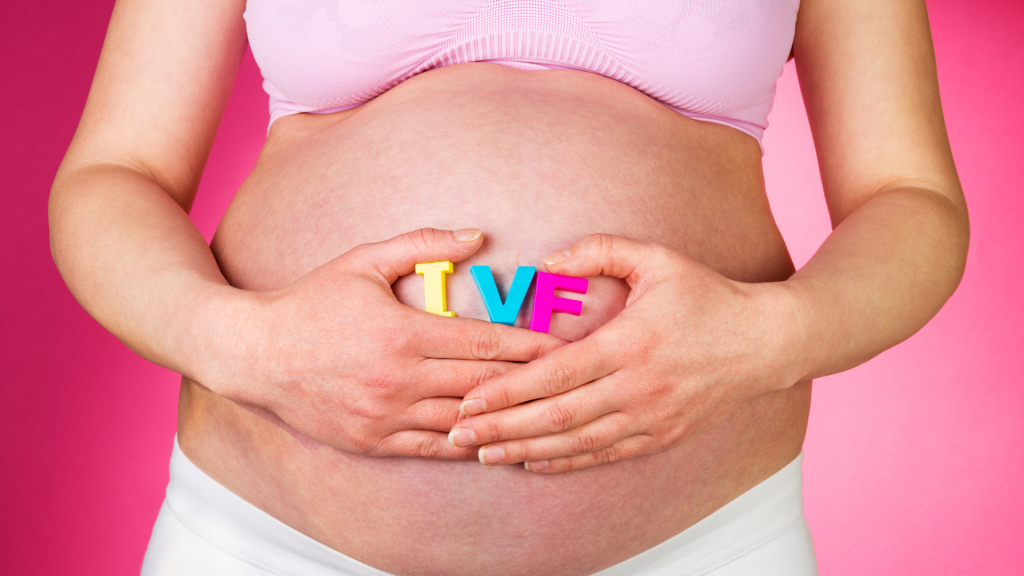
Eating well during IVF supports your body through treatment, pregnancy, and beyond. Focus on balanced meals – now isn’t the time for drastic diet changes.
What to Eat During IVF
Focus on a balanced, nutrient-rich diet to support your body during IVF. Include:
- Fresh fruits and vegetables – rich in antioxidants.
- Whole grains – like brown rice, oats, and quinoa for energy.
- Lean proteins – such as eggs, chicken, fish, and legumes.
- Healthy fats – from nuts, seeds, avocado, and olive oil.
- Dairy or calcium-rich alternatives – for bone and hormone health.
- Stay hydrated – drink plenty of water.
Avoid processed foods, excess sugar, caffeine, and alcohol for best results.
How to work out during IVF
Keep moving, but modify:
• Before stimulation: Continue moderate exercise (walking, yoga, light weights)
• During stimulation: Switch to low-impact activities (walking, swimming) – avoid intense workouts that could risk ovarian torsion
• After transfer: Light movement only (short walks) for 1-2 weeks
Avoid:
✓ High-intensity workouts
✓ Contact sports
✓ Heavy lifting
✓ Hot yoga/saunas
Listen to your body and your doctor’s advice. Gentle movement reduces stress without compromising treatment.
Toxic Products to Avoid During IVF
Eliminate these harmful substances from your home to support fertility:
Household Hazards
✗ BPA plastics (check food containers & receipts)
✗ Phthalates (found in scented products & vinyl)
✗ Parabens (common in cosmetics)
✗ Non-stick cookware with PFOA/PFAS
✗ Harsh cleaning chemicals (bleach, ammonia)
Personal Care Red Flags
✗ Nail polish with formaldehyde
✗ Chemical sunscreens (oxybenzone/octinoxate)
✗ Synthetic fragrances (perfumes, air fresheners)
✗ Antibacterial soaps with triclosan
Smart Swaps
→ Glass/metal food containers
→ Natural cleaning products (vinegar, baking soda)
→ Fragrance-free personal care items
→ Ceramic or cast iron cookware
These changes reduce your exposure to endocrine disruptors that may interfere with fertility. Even small adjustments can make a meaningful difference during your IVF journey.

